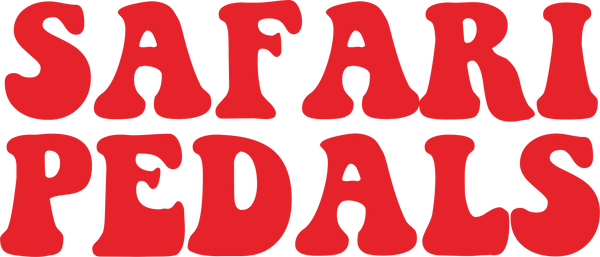not really, it’s kind of a funny story how I fell into this. I failed out of music school (twice!) and after working in a restaurant washing dishes I decided I should go back to school. I picked recording out of a book with zero idea about any of it. I literally didn’t know what an SM57 was. But after less than a year of school, and completely immersing myself, I started working at a studio, and it just kind of unfolded from there.
There was no specific drum sound I was trying to unlock, but rather an omnipresent vibe of trying to always keep the drums a focal point.
-
Little Lion Man by Mumford and Sons is a track that really allowed the band to step into the spotlight. There are sounds on that track, on the intro in particular, that are almost Brian Eno-like in their swirling and atmospheric nature, reminiscent of Bowie’s Heroes. Was this something that the band specifically wanted to do to set themselves apart, or was this something that happened collaboratively in the studio?
Well, this is a bit of misleading story because I worked with the band very early on and I think the song we did ended up being a b side to LLM years later, so I wouldn’t even think to credit myself as being particularly involved in their success. I usually don’t even list them as a client, or mention it because it feels inappropriate.
Yes I do, and to be honest I’ve even had to catch myself from time to time. It’s quite easy to fall into the trap of just recording everything vanilla and then trying to spruce it up later as some sort of pho-proof of how great you are at sound design. I think it’s easy to draw the line from A to B when it comes to young engineers who’ve only ever known sitting in front of a laptop and manipulating sounds with loads of plugins, where as I caught the tail end of recording to tape and trying to get things closer at the source.
But for me personally, it’s less about any kind of “purity” and more about fun. I can’t have the argument with people anymore about hardware vs. software, but instead I’d rather reframe it as “what’s more fun?”.
For me, I think it’s just simply more exciting & interesting, & fun to reach out & turn knobs, press buttons & just see what happens. I suppose kids today’s version of that is sitting in front of the laptop, but for me, I find it faster and more rewarding to put a little extra time into finding a more inspiring sound and get it more exciting from the start.
I have no preference anymore , they both have their plus sides. I think mixing my own records is faster & easier, but I do think mixing something I’ve not been involved it is also really beneficial for both sides.
I have had a sign hanging in my studio for ~ 12 years now that says “don’t overthink it”, and mixing someone else’s record definitely makes that easier.
-
Other than the way it makes you work (thinking of analog console workflows), are there any pieces of gear that you feel you could not physically do your job without? Even if you had to go down to a fully in-the-box mix rig, for some reason, you would just miss the sound that these certain pieces gave you?
Oof, this is tricky. I mean I’ll be honest, I’m not sure I’d want to go down a fully in the box road. I’m sure there’s got to be something in particular I’d miss, but I think the truth is it’s all of it together.
I often use the analogy that mixing for me, is more akin to snipping a bonsai tree rather that cutting a whole branch off.
If you were to look at my gear on a typical mix, no one thing is doing that that much. It’s a lot of little moves that all add up.
A tiny bit of EQ here, few db of compression there, but the way it all comes together is what makes a mix for me.
BUT if you’re going to make me pick, I’d say at this point it’s hard to imagine a mix without any of my Chandler stuff (I have a Zener limiter, Curvebender & a pair of Germanium compressors all of which are indispensable.)

